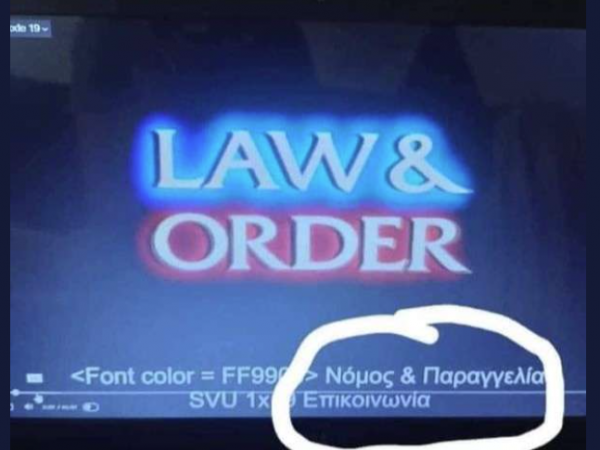Article Contents
Until now translation from one human language to another required human intervention despite the existence of IT tools that did translation work. The reason is the synonyms, the nuances of concepts, or idioms that each word "carries", but also the use of irony or sarcasm, things that are not accurately rendered from one language to another by simple translation. Now new translation tools using artificial intelligence are emerging and there are claims that they will completely replace human input.
On Wednesday Unbabel announced an AI-powered translation service, adding yet another contender to a highly competitive space, with its CEO warning that humans may not be needed to translate at all in three years.
Widn.AI is Unbabel's new product and is based on the company's proprietary large language model (LLM) called Tower. An LLM is an AI model that underpins applications such as OpenAI's ChatGPT.

Artificial intelligence translates into 32 languages
Unbabel's LLM enables AI translation in 32 languages, Vasco Pedro, the company's CEO, told CNBC in an interview at the Web Summit in Lisbon.
“When we started at Unbabel 10 years ago, AI was not at the stage it is now, so we were very focused on creating hybrid solutions that would combine AI and humans,” Pedro said.
"But I think for the first time, we think that translation is now fully within the realm of AI capabilities, and that you can do a lot of things without needing humans to translate at all."
Unbabel's traditional product was something that combined so-called machine learning, a type of artificial intelligence, to translate words, but with human editors to check the final product.
Humans still have a slight advantage in very difficult use cases
Widn.AI will not require humans
“I think people still have a little bit of an advantage in very difficult use cases. But that advantage right now is so thin that outside of the really…harder use cases, we think AI is really getting there, and it's hard for me to see now how three years from now, it's going to need humans to translate anything,” Pedro said.
"There will still be people responsible for making sure the texts are translated and rendered correctly," he added.
Widn.AI is the latest product in an increasingly competitive market that includes Google Translate and products from German startup DeepL.
These companies see translation as a key area in which LLMs can be used effectively and have trained models specifically to deal with various languages.
Pedro acknowledges that revenue per translated word is going to "decline drastically." However, he said that the volume of translated content will increase which will keep the company growing.
Unbabel is talking to investors and trying to raise between $20 million and $50 million in funding to fuel Widn.AI's research and development, according to Pedro.
Source: OT
VIA: in.gr





